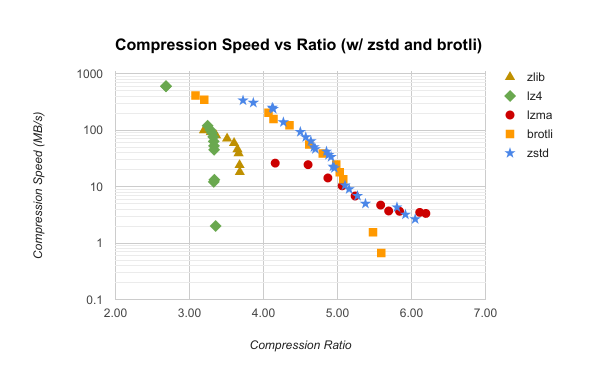this post was submitted on 30 Mar 2024
223 points (98.3% liked)
Cybersecurity
5721 readers
129 users here now
c/cybersecurity is a community centered on the cybersecurity and information security profession. You can come here to discuss news, post something interesting, or just chat with others.
THE RULES
Instance Rules
- Be respectful. Everyone should feel welcome here.
- No bigotry - including racism, sexism, ableism, homophobia, transphobia, or xenophobia.
- No Ads / Spamming.
- No pornography.
Community Rules
- Idk, keep it semi-professional?
- Nothing illegal. We're all ethical here.
- Rules will be added/redefined as necessary.
If you ask someone to hack your "friends" socials you're just going to get banned so don't do that.
Learn about hacking
Other security-related communities [email protected] [email protected] [email protected] [email protected] [email protected] [email protected] [email protected]
Notable mention to [email protected]
founded 1 year ago
MODERATORS
you are viewing a single comment's thread
view the rest of the comments
view the rest of the comments
Damn, I was just looking into and learning about the different main compression (gzip, bzip, xz) algorithms the other week. I guess this is why you stick to the ol’ reliable gzip even if it’s not the most space efficient.
Genuinely crazy to read that a library this big would be intentionally sabotaged. Curious if xz can ever win back trust…
Can anyone help me understand xz vs Zstd?
Technically, XZ is just a container that allows for different compression methods inside, much like the Matroska MKV video container. In practice, XZ is modified LZMA.
There is no perfect algorithm for every situation, so I'll attempt to summarize.
The chart below, which was sourced from this blog post, offers a nice visual comparison.
It’s too bad xz is really great for archival.